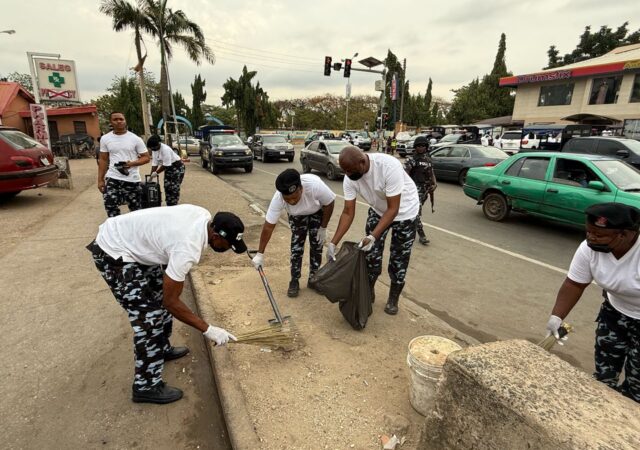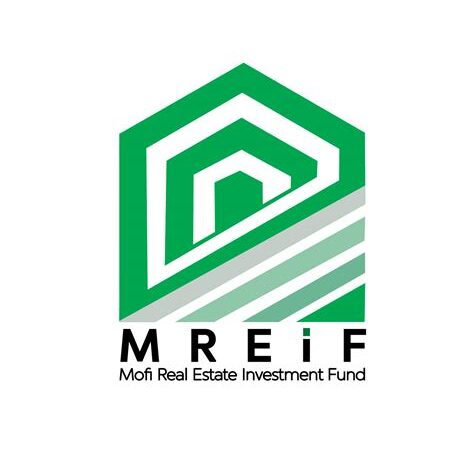The Nigerian Conservation Foundation in collaboration with other critical Civil Society Organizations earlier today launched the Nigeria Climate Justice Alliance.
Inaugurated as part of a two day workshop on building capacity of CSOs on climate justice issues, the alliance comes at a critical crossroads for the country as recent efforts have shown the need to have a concerted voice that will advocate for environmental justice within the country.
According to Dr Joseph Onoja, Director General of NCF “Climate justice was both an environmental and human right issue that requires joint action to address”.
“Climate change is not a distant threat, it is here, affecting lives and livelihoods across our nation. Climate justice is not just an environmental issue, it’s a matter of social equity and human rights.
Onoja said that the country has been feeling the impact of climate change, adding that “in every corner of our country, communities are feeling the impacts of extreme weather events, rising sea levels, and changing climates.’’
Dr Onoja followed up by calling for collaboration between the government, private sector and communities to ensure climate justice for all in the country.
Speaking on the validity of the Alliance, Prof. Chukwumerije Okereke stated that it was time for civil society groups to come together and present a common voice for actionable advocacy.
Prof. Okereke, who is the President of the Society for People and Prosperity (SPP), disclosed that “This workshop is timely as it seeks to bring CSOs together, build capacity and empower them to come up with a strategy to push both the CSOs and government to do more and do better”
Says Prof. Okereke, ‘I believe Nigeria has quite a number of good policies and policy frameworks. The disconnect has been in the actual implementation of these policies.
This is partly because most of these policies have not been followed through in terms of financing, monitoring and evaluation, with the data behind some of these policies also been weak.
“However, the major problem has been the lack of political will to see the implementation of these policies through”
Mr Emmanuel Kuyole, Programme Officer, Ford Foundation, said the foundation was committed to addressing inequalities across, including ensuring climate justice.
According to him, climate justice is about how we manage nature and environment and to keep it intact for the generations.
“Those of us alive today have a big responsibility and role to play to keep this planet that we have in a manner that the next generation will find a good place to live,’’ he added.
“Communities who are in constant threat from climate change have unfortunately not been involved in the formulation of climate policies. This has impacted greatly on their ability to be heard” Said Mr Emmanuel Kuyole, Programme Officer, Ford Foundation.
This, according to him, is why Ford Foundation has been pushing for communities rights to be heard and for their rights to be central to these conversations.
Interestingly, the CSOs agree that Nigeria has very good policies. The Country has acknowledged the need for mitigation and adaptation strategies. With several strategy documents already in place such as the nationally determined contributions (NDCs),
Low carbon development plan, long term emissions vision and the establishment of the National Council on Climate Change, there is a sense that Nigeria has a proficient framework in place.
The challenge which has become a constant for Nigeria’s development, remains translating those visions and strategies into implementable measures.







